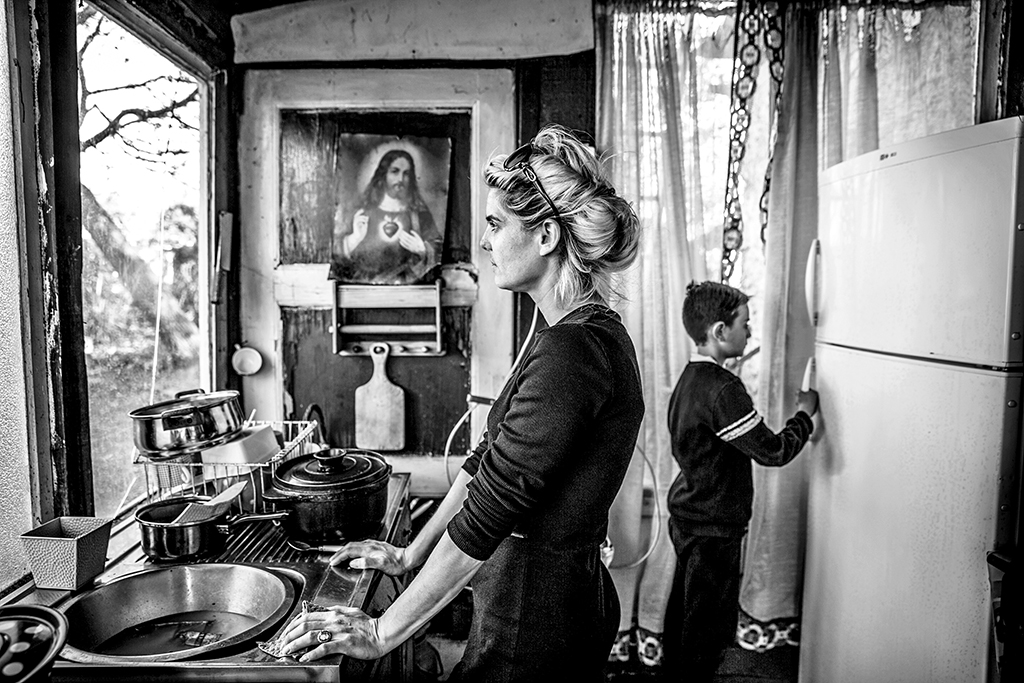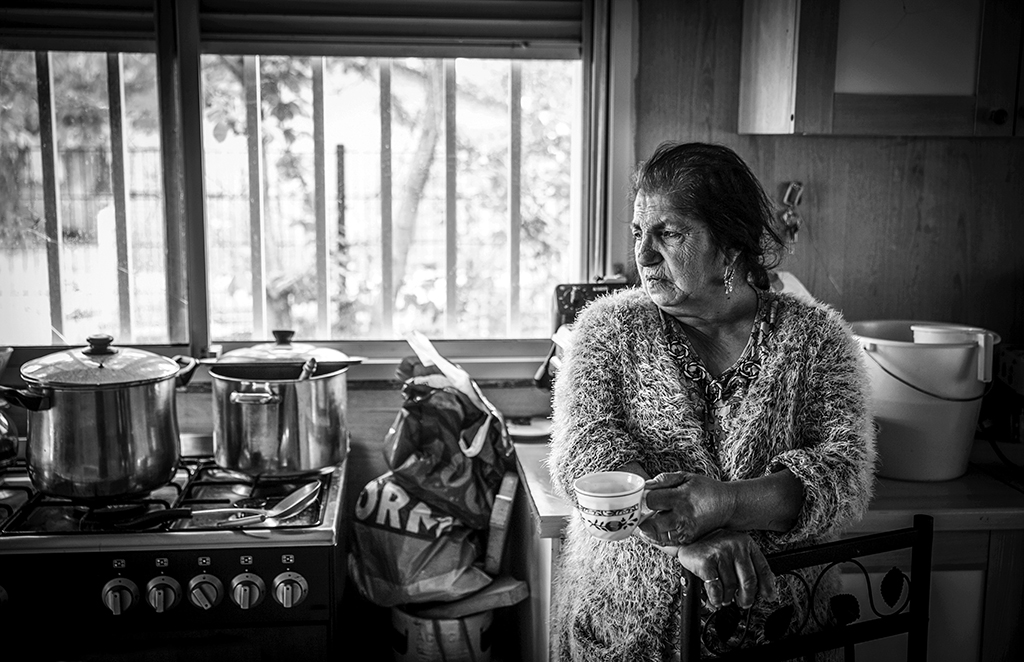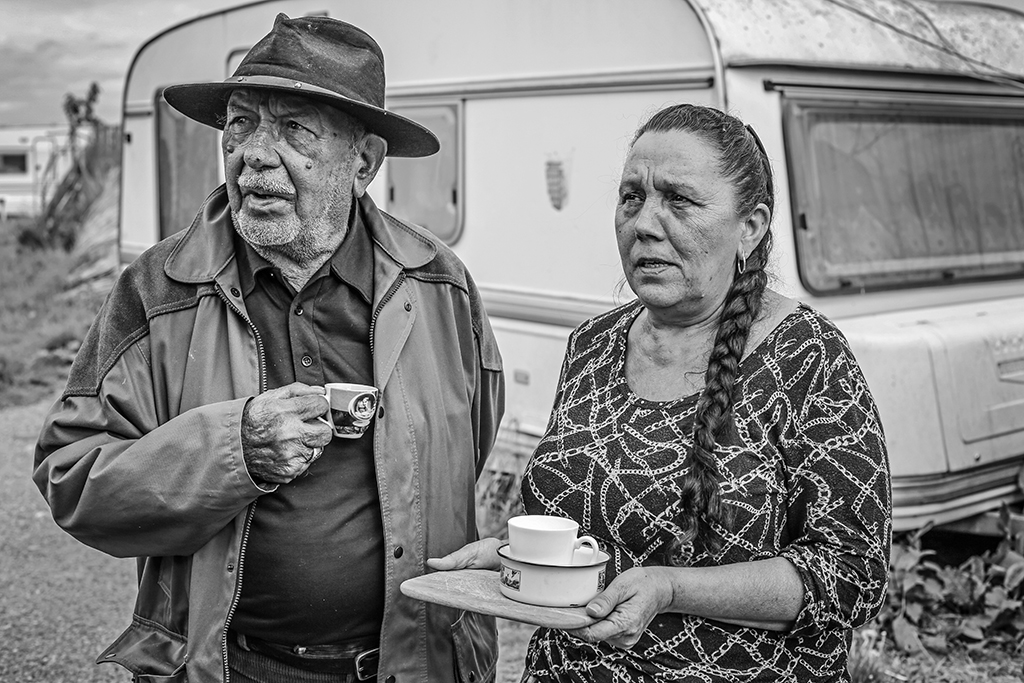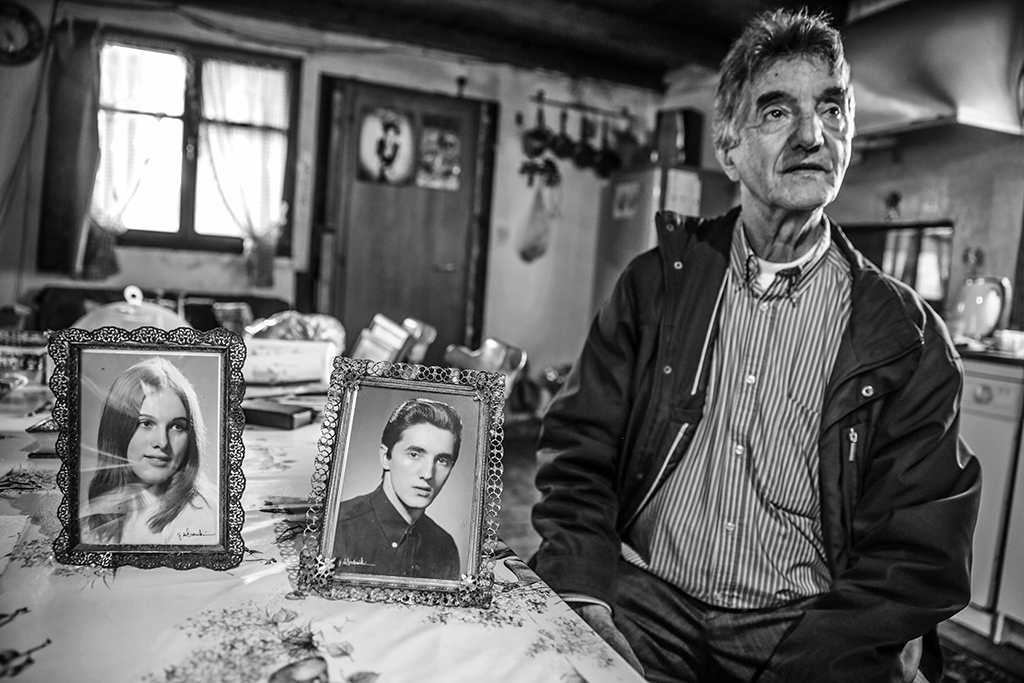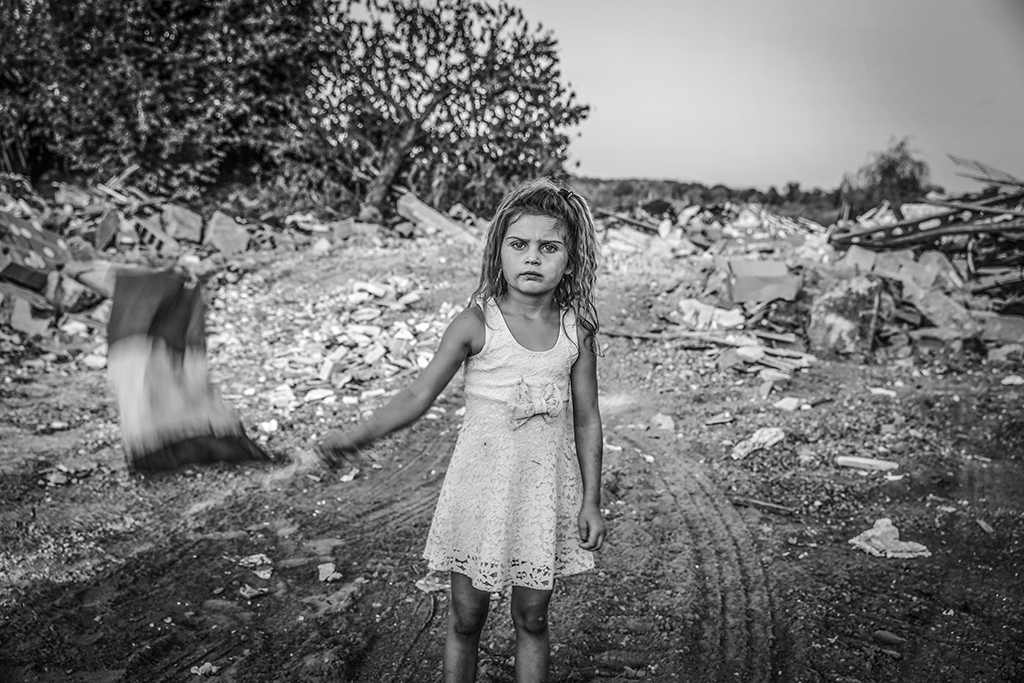3rd place
bronze star award
Gregori Jeannette
france
title
Memories of the Polygone Gypsies
back to gallery
entry description
When 170 families of Manushes, Gypsies and Yenishes decided to settle down on a field adjoining the airfield in the 1970’s, the Polygone district in Strasbourg took on a new identity. In 2000, the public administration judged the neighborhood unsafe and substandard and made the decision to raze it to the ground and build 150 new dwellings. In August 2016, the oldest houses of the Polygone were destroyed.This process of re-housing the Travelers of Strasbourg is exemplified as one of the most ambitious and innovative in France and testifies of an interest for this neglected district but it also shakes secular customs and the poetry emanating from this community: outdoor life, the instinct of travel, family celebrations around a barbecue, respect for the elders who always have their place among their lineage...In 2009, I had already met some families of the Polygone district as I captured my first two series of photographs "Gypsy Childhoods" and "The new Roma" Back on the settlement, seven years later, to find the same children who had become young adolescents, and all these Manush families, who were among the first to have trampled the Polygone soil, allowed me to share with them intense emotions and collect their reactions on the spot. As I photographed them during the six months prior to the destruction of their housing, it seemed important to me to express their feelings of oppression, loss, despair and anger which permeated this meaningful period at the hinge between the old and the new world.Living in a conventional house, payind a rent, not being able to travel any longer will be a new way of life Gypsies will find difficult to integrate.about the photographer
Jeannette Gregori was born in 1967 and now lives in Strasbourg, France. She studied photography at the University of Fine Arts, Indiana, in the US and the School of Decorative Arts in Strasbourg. Chance ad curiosity led to her getting to know a group of Romai families settled along a departmental road in Alsace, France in the summer of 2009. Her work since has sought to depict the engaging characters she came to know from these families and the humanity she saw in these people in the face of prejudices. Today, if she remains attached to this cause, she gradually opens to other society topics over the course of her experiences. Photography allows her to advocate children and women's rights or provide social guidance. Jeannette Gregori teaches photography in a high school and regularly intervenes with a public of young students all over France, to bring them to produce photographic works associated with creative writing.back to gallery

